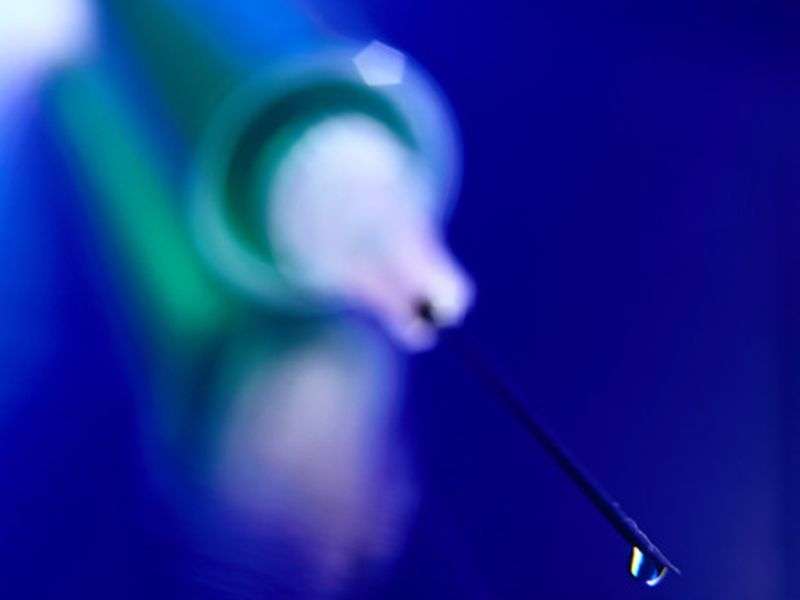(HealthDay)—For patients with grass pollen-induced allergic rhinitis (AR), booster allergen immunotherapy (AIT) using tyrosine-absorbed grass pollen allergoids containing the adjuvant monophosphoryl lipid A (MPL) prevents symptom recurrence, according to a study published online July 4 in Allergy.
Oliver Pfaar, M.D., from Heidelberg University in Germany, and colleagues examined the clinical effects of a preseasonal, ultra-short-course booster AIT on clinical outcome parameters in patients aged ≥12 years with recurrent grass pollen-induced seasonal AR who had completed a successful course of any grass pollen AIT at least five years before enrollment; 56 received one preseasonal short-course booster AIT, and 51 control patients received symptomatic medication.
The researchers found that the booster AIT group had significantly lower combined symptom and medication scores in the peak grass pollen season (Δ = 38.4 percent; P < 0.01). Throughout the peak grass pollen season, significantly more patients in the booster AIT group used no concomitant antiallergic medication. Compared with the control group, twice as many patients in the booster AIT group reported having a better state of health than in the preceding season. Significant differences favoring the booster AIT were seen in Rhinoconjunctivitis Quality of Life Questionnaire results. The booster AIT was generally well-tolerated; mild, grade 1 systemic adverse events were reported by two patients.
"Booster AIT using tyrosine-absorbed allergoids containing the adjuvant MPL effectively prevents re-occurrence of symptoms in patients with grass pollen-induced AR," the authors write.
Several authors disclosed financial ties to pharmaceutical companies, including Bencard, which sponsored the study.
More information:
Abstract
Full Text (subscription or payment may be required)
Journal information: Allergy
Copyright © 2017 HealthDay. All rights reserved.





















